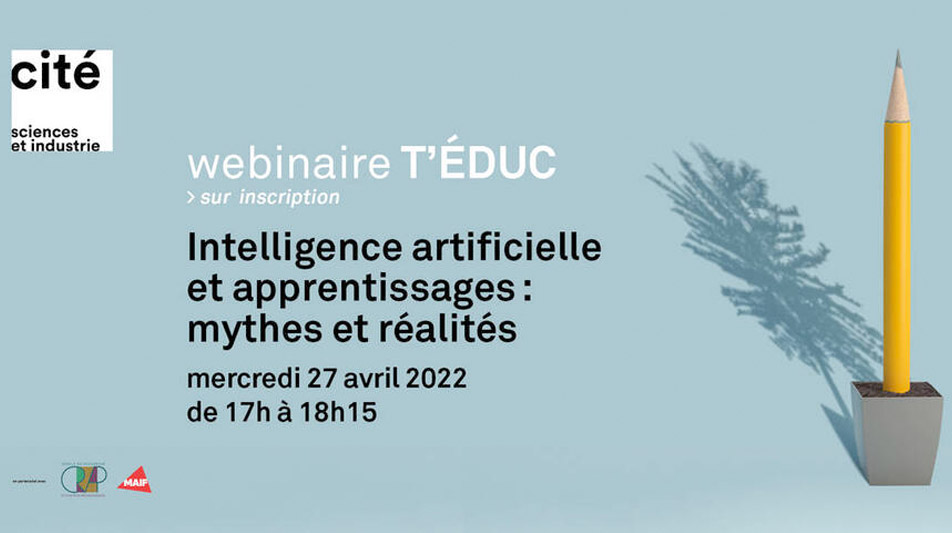Accused of all evils or perceived as an El Dorado, artificial intelligence occupies a prominent place in the imagination of our societies. With regard to schools and the educational field, after a long period of infancy, particularly with regard to the development of language translation tools, more efficient tools and platforms now seem to be emerging. Increasingly used in language classes but also in French and mathematics, these applications provide teachers with the opportunity to differentiate their teaching, the traces left by learners contributing to the individualization of their paths.
What place should be given to these new tools in teaching? How can we ensure that they do not replace the teacher or that the individualization they allow does not deconstruct the class group and the work done there?
With the participation of:
- Research side: Eric Bruillard, professor at the University of Paris, director of the EDA laboratory, Education, Discourse, Learning; Charles Tijus, Professor of cognitive psychology at the University of Paris VIII, Director of the Laboratory of Uses in Digital Information Technologies (LUTIN)
- Teaching side: Jéremy Camponovo, teacher
- Publishing side: Thierry de Vulpillières, creator and director of EvidenceB
- Mediation side: Jérôme Kirman, scientific mediator at Etincelles (Universcience)
A webinar hosted by Catherine de Coppet, science journalist, organized in partnership with Cahiers pédagogiques and with the support of MAIF.

